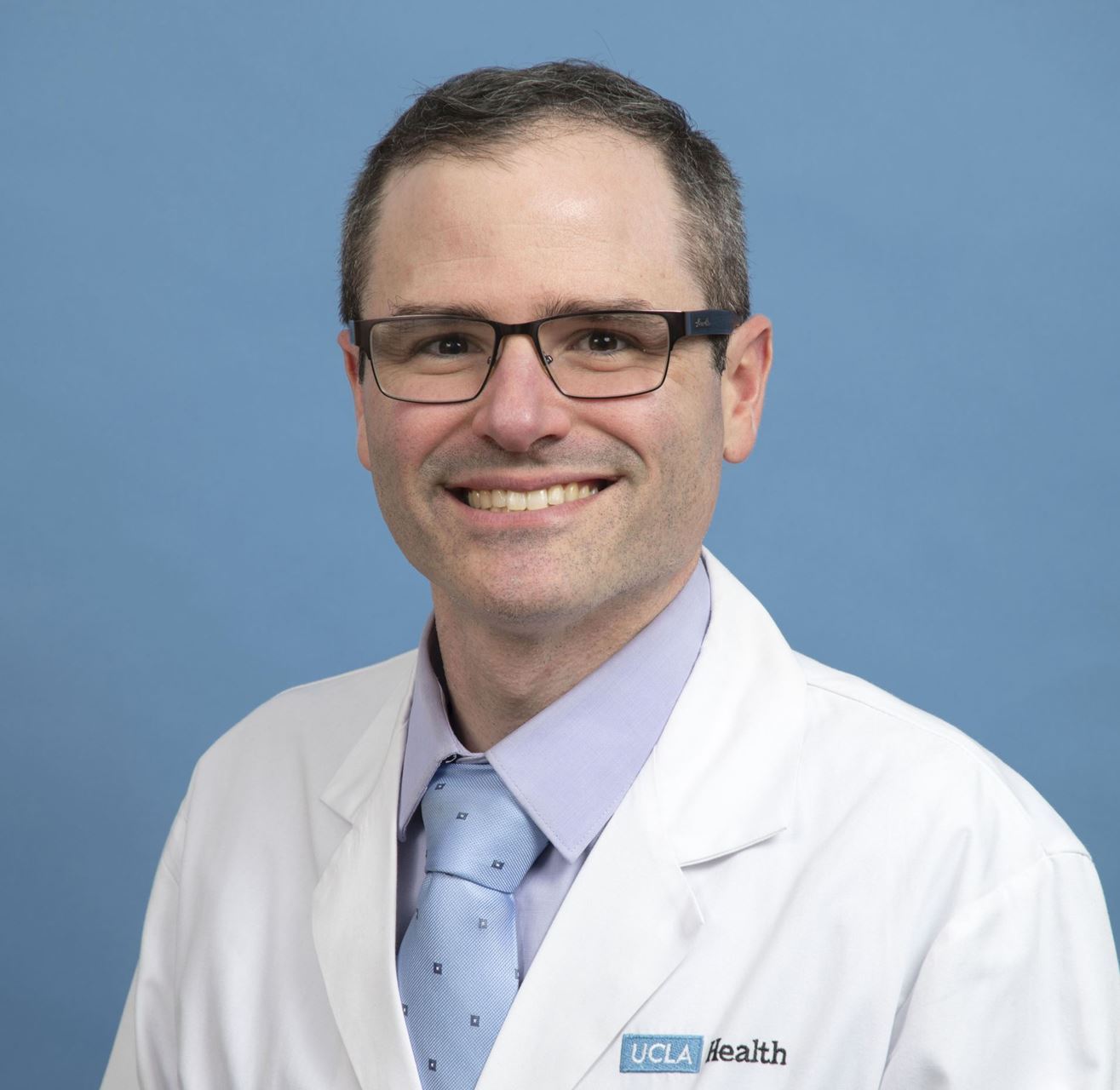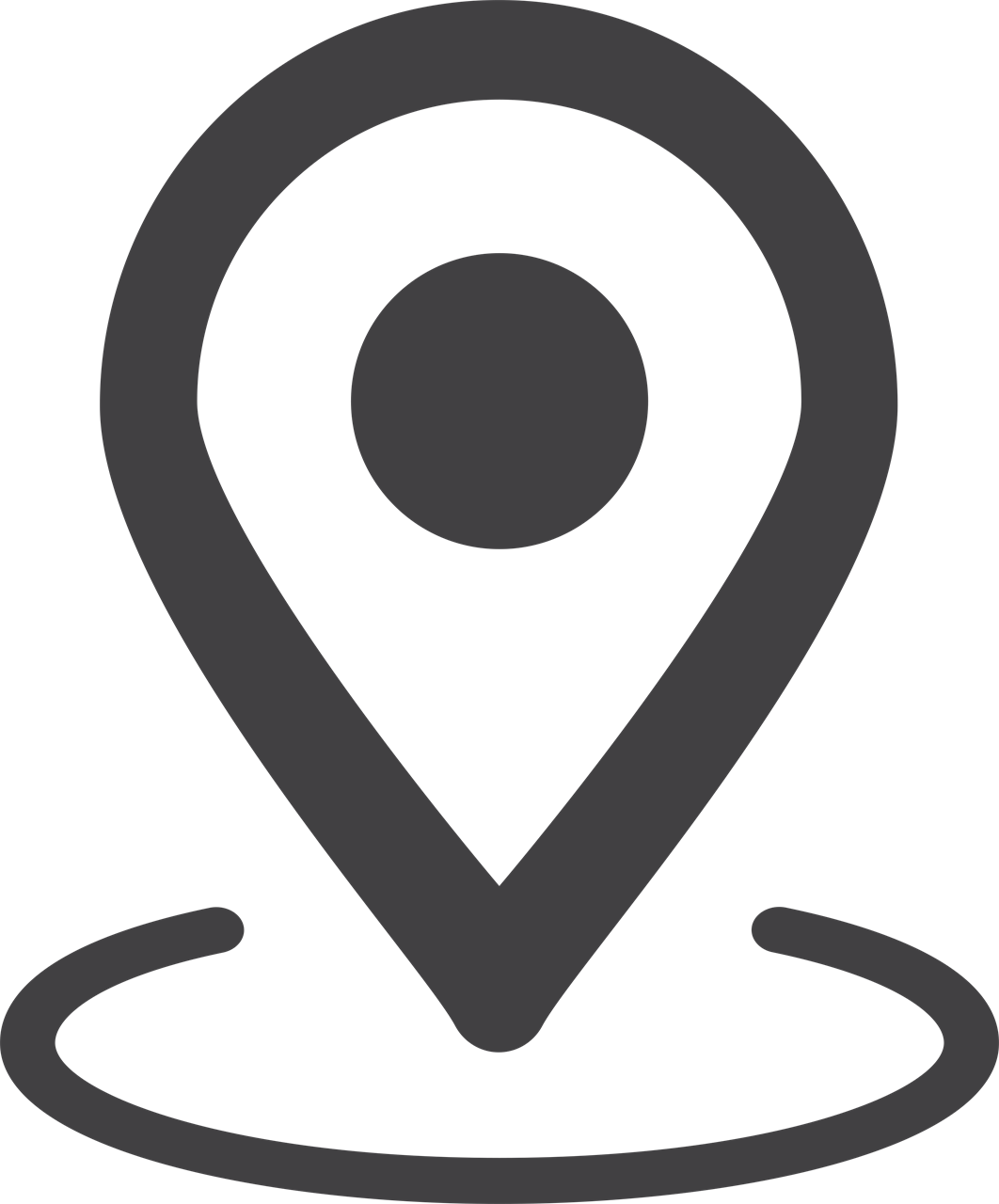Dear RPS members,
 In 2022, the RPS would like to focus on embracing diversity, equity and inclusion; and on broadening our international network. One way to achieve this goal is to celebrate a semi-monthly calendar of observances and appreciations with 10-question interviews highlighting our diverse pool of members. As June is Pride Month (see link below), our June interview is with Dr. Jonathan Zuckerman, current service chief of renal pathology, director of the surgical pathology fellowship and incoming residency program director at the University of California Department of Pathology and Laboratory Medicine. Dr. Zuckerman is also chair of our communications and website committee which includes the social media working group! Please find his interview below:
In 2022, the RPS would like to focus on embracing diversity, equity and inclusion; and on broadening our international network. One way to achieve this goal is to celebrate a semi-monthly calendar of observances and appreciations with 10-question interviews highlighting our diverse pool of members. As June is Pride Month (see link below), our June interview is with Dr. Jonathan Zuckerman, current service chief of renal pathology, director of the surgical pathology fellowship and incoming residency program director at the University of California Department of Pathology and Laboratory Medicine. Dr. Zuckerman is also chair of our communications and website committee which includes the social media working group! Please find his interview below:
https://nationaltoday.com/pride-month/
1. What is your name, where were you born, where do you work?
Jonathan Zuckerman
Born: Los Angeles California
Work: Department of Pathology and Laboratory Medicine, University of California Los Angeles
2. What is your number one topic of interest in nephropathology?
I most enjoy nephropathology education. I love engaging medical students, pathology trainees, nephrology fellows, and trainees in other fields in the learning of nephropathology. It is an area that many learners struggle with and it is so much fun helping them gain understanding. I also enjoy engaging a large and diverse international audience through twitter (@JZRenalpath).
3. What is the thing you like most about your job?
I love providing clarity in confusing clinical situations where a renal biopsy is key to putting the patient’s entire clinical/pathologic picture together into a cohesive whole. On a day to day basis, examining kidneys under the microscope is captivating -- few things are better [at work] than looking at a high quality silver stain.
4. What is the most challenging aspect of your job?
The sense and need for urgency that comes with many kidney biopsies (especially with transplant biopsies or native biopsies with acute presentations). While it is gratifying as a pathologist to be the linchpin in a patient’s diagnostic workup, interpretation of these biopsies is often complex and time consuming. It can be stressful when getting paged by multiple clinical teams asking for results, especially when special stains, IF, or EM studies are still pending. On some days, I find reading renal biopsies not too dissimilar from intraoperative frozen section consultation in this regard.
5. What did you want to become when you were a child?
I had wanted to be a physician since my early teen years. I nearly chose to pursue a career as a musician (classical flute player); however, I realized I could always play music without being a professional. I didn’t think the converse was true….. As a young child I wanted to be a paleontologist.
6. What would be your wish for the future - in general or in relation to your work?
In general, I wish we could all view each other with compassion and understanding. I wish we and our leaders could all consider our and our country’s effects on the world and adjust accordingly to ensure individual freedom and safety for all people as well as chart a course to ensure a sustainable environmental future.
In relation to my work, I hope machine learning and artificial intelligence helps me do my job better and doesn’t replace me.
7. Any special interests apart from Nephropathology?
I am passionate about autopsy pathology and its value in education, research, and clinical practice.
I am passionate about pathology resident education and will be the new UCLA pathology residency program director starting next month.
8. How do you think Renal Pathology will look like in 10 years’ time?
I hope we will have moved away from pattern based diagnoses (e.g., FSGS, membranous nephropathy, minimal change diseases, etc.) to diagnoses based on etiologically specific entities. There have been many recent discoveries in nephropathology in the last few years that I believe are moving us closer to this goal such as identification of new antigens in membranous nephropathy and the role of genetic mutations in podocytopathies and tubulointerstitial kidney diseases.
I also hope that digital analysis will take over some of the more subjective and tedious aspects of our job such as estimating IFTA and counting anything (glomeruli, crescents, etc.) as well as enable us to provided more accurate prognostic and diagnostic information for our patients and clinical colleagues. Maybe it can even write our reports for us :).
9. Who would you consider to be your mentor in renal pathology or pathology in general?
My main mentor during training was Dr. Charlie Lassman. His wealth of knowledge and enthusiasm for pathology and willingness to always dig deeper in cases was inspiring.
I also want to express my gratitude for several nephropathologists who have been exceedingly helpful and encouraging in my early professional career including Dr. Anthony Chang (University of Chicago), Dr. Jean Hou (Cedars Sinai), and Dr. Kuang-Yu Jen (UC Davis).
10. What is your favorite non-work related activity or way to spend your time?
I enjoy cooking/baking. Some of my favorite creations are bagels, baguettes, chicken ramen, and steamed char siu bao. I also enjoy creating decorative and sometimes functional ceramic artwork (mostly on the wheel). Lastly, I try to play music (classical flute) when I can and enjoy participating in small chamber music ensembles.
Bonus Question: Have you experienced any challenges or is there anything you would like the RPS to know about navigating the field of academic medicine (or non-work related life) as a member of the LGBTQ+ community? Are there specific experiences that you would like to share?
I have been exceedingly fortunate to have trained and now work at an institution (UCLA) that values all diversity and has instituted initiatives focused on the LGBTQ+ community both as patients and practitioners. In my experience, the pathology community as a whole also embraces diversity including the LGBTQ+ community. I am also grateful that my family has always supported me and has welcomed my husband with open arms.
I am privileged to have been born, raised, and educated within communities that embrace diversity. There are unfortunately far too many places in the world where LGBTQ+ persons cannot live openly for fear of discrimination, incarceration, harm, or death.
In health care specifically, discrimination and mistreatment based on sexual or gender identity is real and unfortunately still common in medical education, For example, A 2015 study examined survey results from 2009-2010 regarding the LGBTQ+ status of graduating U.S. and Canadian medical students (PMID: 30294035). Of the 920 LGBTQ+ medical students who responded, 44% feared discrimination in medical school. A recent survey (2019) of surgery residents found that more than 30% concealed their sexual identity in medical school, mistreatment was a common experience for LGBTQ+ surgery residents, as well as increased suicidality among LGBTQ+ surgery residents (PMID: 34668969). This survey also found that most LGBTQ+ related mistreatment was attributed to other healthcare professionals. Thus our academic medical centers must still improve to support their LGBTQ+ trainees.

 In 2022, the RPS would like to focus on embracing diversity, equity and inclusion; and on broadening our international network. One way to achieve this goal is to celebrate a semi-monthly calendar of observances and appreciations with 10-question interviews highlighting our diverse pool of members. As June is Pride Month (see link below), our June interview is with Dr. Jonathan Zuckerman, current service chief of renal pathology, director of the surgical pathology fellowship and incoming residency program director at the University of California Department of Pathology and Laboratory Medicine. Dr. Zuckerman is also chair of our communications and website committee which includes the social media working group! Please find his interview below:
In 2022, the RPS would like to focus on embracing diversity, equity and inclusion; and on broadening our international network. One way to achieve this goal is to celebrate a semi-monthly calendar of observances and appreciations with 10-question interviews highlighting our diverse pool of members. As June is Pride Month (see link below), our June interview is with Dr. Jonathan Zuckerman, current service chief of renal pathology, director of the surgical pathology fellowship and incoming residency program director at the University of California Department of Pathology and Laboratory Medicine. Dr. Zuckerman is also chair of our communications and website committee which includes the social media working group! Please find his interview below:


